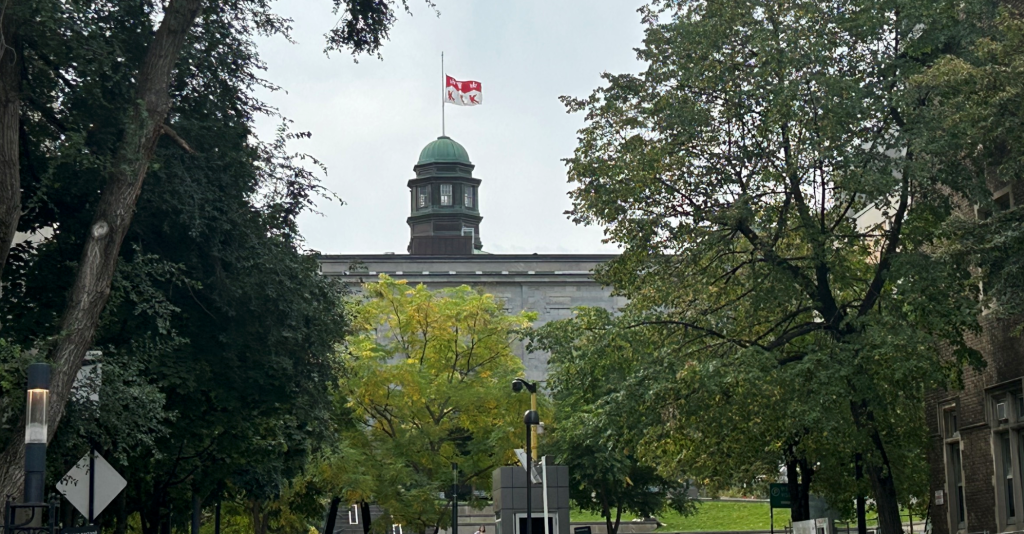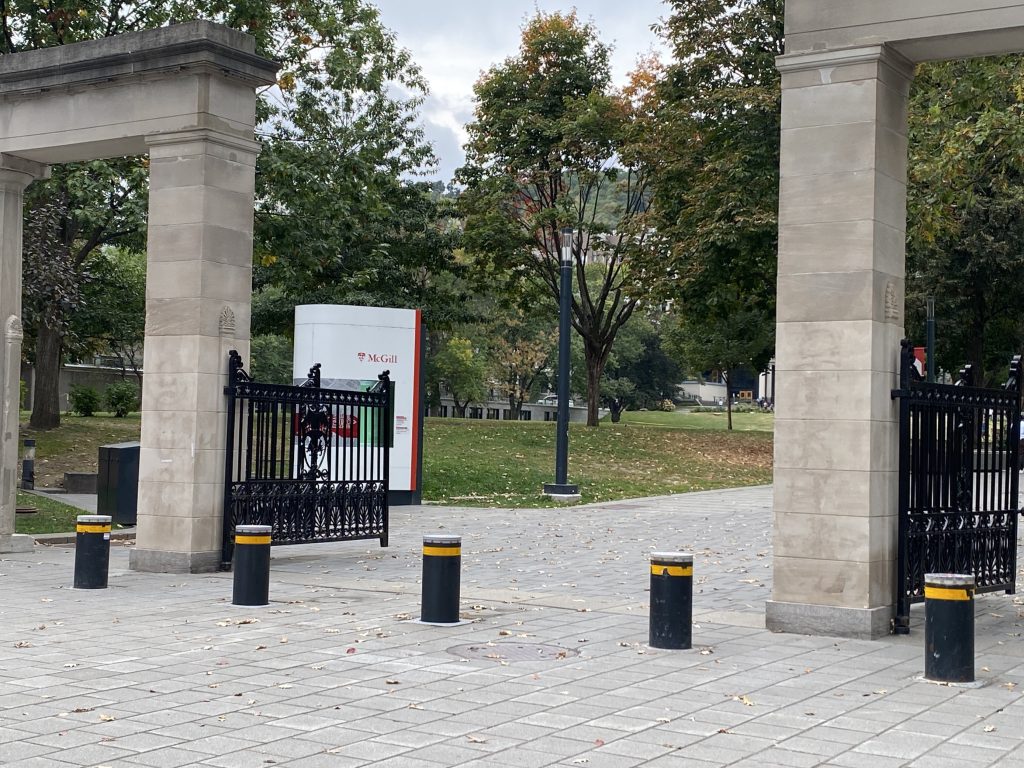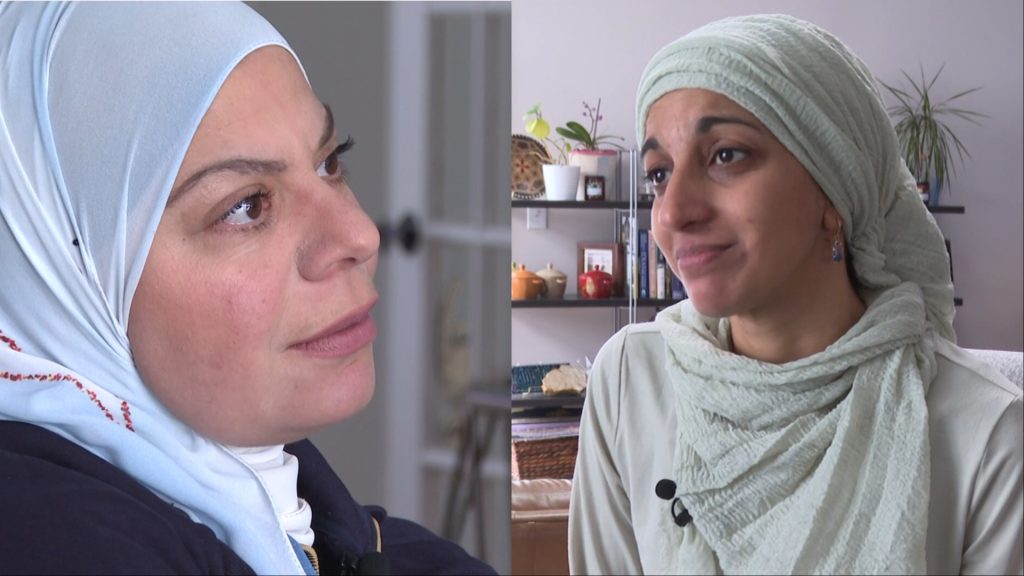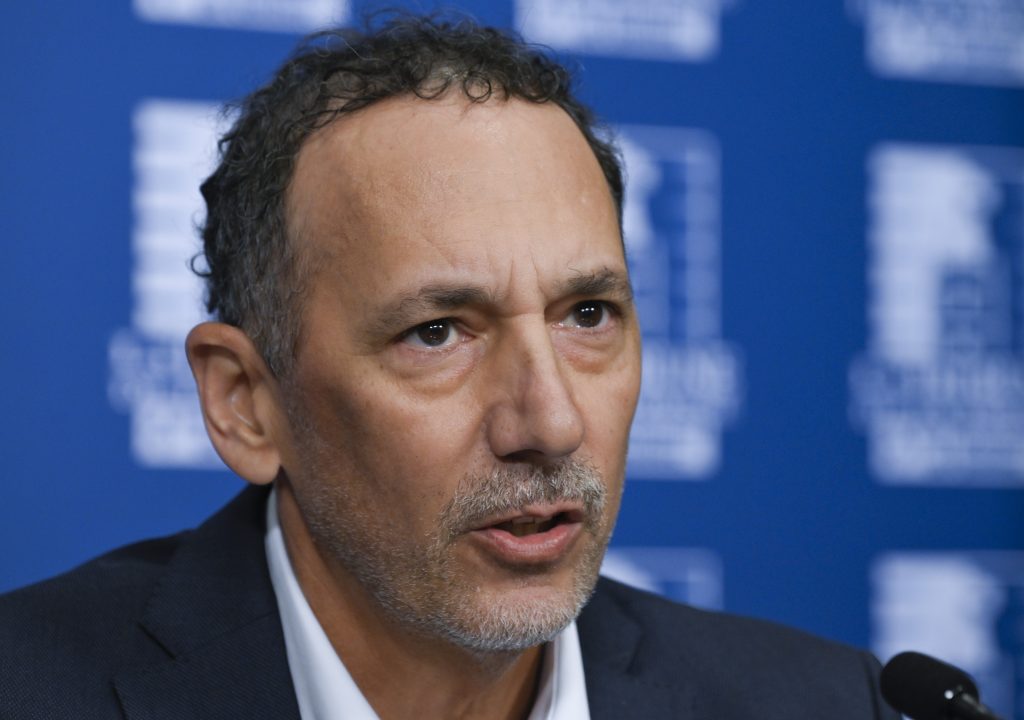McGill University student alleges lack of support following sexual assault on campus

Posted October 6, 2023 2:09 pm.
Last Updated October 6, 2023 6:25 pm.
A third-year McGill University student in Computer Science is speaking out, two years after she was a victim of sexual violence by a classmate and friend in the fall of 2021, alleging the university did not do enough to support her through the process.
“It’s always about the assailants future and never about how the survivor’s future has been tainted,” she said in an interview. CityNews agreed to keep her identity confidential for privacy reasons.
She alleges the institution “dropped the ball” in several instances when handling her case.
“They didn’t care enough to treat the situation with the sensitivity that I needed, and I feel like I’m not the only person who’s dealt with this.”
She reported the two instances that took place in Sept. and Nov. 2021 through McGill’s Office of Mediation and Reporting (OMR).
Living in student housing, where the incidents took place, she expected to be granted a room switch.
“I spoke to the supports at McGill and I let them know that I have the instance running through my head when I see that part of my bed where I like this situation took place,” she said. “I would have hoped that someone would have offered a room switch because I know that there were available rooms and we have emergency rooms in residence.”
When she sought support from the Office for Sexual Violence Response, Support and Education (OSVRSE), she said there was a three-week wait for an appointment, which would have been during her exam period.
“I remember so vividly thinking, ‘If I have to wait three weeks to receive some sort of support that I don’t even know is going to help me, I’d rather just get over it myself.’”

(Credit: Alyssia Rubertucci, CityNews image)
The student considered filing a police report, but says she avoided it, discouraged by the possible length of the proceedings.
“They told me that the process typically takes three to five years and my degree was supposed to be five years and I could not imagine having to sit with something like this for five years,” she said.
“I’m glad I stuck with that decision because the three months that I spent with the investigation itself was so incredibly draining.”
McGill University brought the case to a third-party. An investigation was conducted by a law firm, requiring the victim to write an impact statement.
“I had to kind of change my entire lifestyle within that semester where the investigation took place,” she said. “I couldn’t go into certain buildings because I was afraid of seeing him. I was afraid of going into elevators because I was scared that we’d be in a small space with one another.”
The investigation concluded with a 45-page confidential report delivered to her in April 2022.
“It was horrifying sitting in my class because I was doing a peer review, having to pretend like everything’s okay when I know that three months of my life have been on hold and it’s all coming down to this 45-page document that I have to scan and figure out what’s going on.”
Following the report, the young woman said she met with the Dean of Students to talk about the sanctions.
She said she wanted to outline how she can remain safe on campus, asking him what would happen if she and the perpetrators had overlapping classes, since she was switching into the same major as the perpetrator in the fall of 2022.
She alleges the Dean told her it would be “unduly punishing” the perpetrator by removing him from too many of their overlapping courses and delaying his graduation.
During the fall 2022 semester, a year after the incident when she switched into the perpetrator’s major, she had one class that overlapped with him.
“I couldn’t really breathe, I would feel like I’m always on the verge of a panic attack.”
“It kind of felt like I had to fight to have him pushed out of that class, one in which that should have been a given after having gone through three months of that investigating process.”
Now into her third year, her goal is to raise her voice for others she says are voiceless and to remind everyone that there’s a lot more work needs to be done.
“We might think that we’ve progressed so much, but we haven’t at all.”
McGill University responds to allegations
In a written e-mail statement to CityNews, McGill University says: “Our University has been working hard to build a safe and inclusive campus community and we are sorry to hear of any situation where a survivor of sexual violence within our community experienced insufficient support.”
McGill University explains that any time a report of sexual violence is made to a University authority, they respond immediately “to support survivors and put processes in place that uphold procedural fairness, as per our Policy against Sexual Violence.”
On the allegations brought forward by the third-year student, the university writes that Quebec privacy laws prevents them from discussing specific cases.
Since fall 2020, the university says “every case where sexual violence was found to have occurred pursuant to an investigation, resulted in implementing no-contact orders in person, electronically or through a third party.”
In response to the allegations of the young woman having an overlapping class with the perpetrator, McGill says to their knowledge, there hasn’t been a case where a survivor and respondent have been in the same class after a finding of sexual violence or once immediate measures were taken before a finding of sexual violence.
The university says their efforts are focused on prevention through education and raising awareness, “providing robust, unconditional, and non-judgmental support to survivors, and trauma-informed and procedurally fair investigations into reported incidents.”
McGill says their sexual violence policies, procedures, and resources are reviewed on an ongoing basis “to make sure these respond to the needs of McGill community members.”
On the website for the McGill Office for Sexual Violence Response, Support and Education (OSVRSE), they say they provide confidential, non-judgmental and non-directional support to those who have been impacted by sexual or gender-based violence.
The Office’s support centers on listening to victims, offering crisis intervention and short-term counselling, connecting with the community resources and survivor support activities and groups and assisting with academic or workplace accommodations.
Sexual assault underreported to police
According to a Statistics Canada report from 2019, sexual assault had the lowest rate of reporting to police amongst all violent crimes, with only six per cent of incidents in 2019 having come to the attention of police.
In the 2019 Criminal victimization in Canada report, the most common reasons given by victims of crime for not reporting to police was that the crime was minor, the incident wasn’t important enough, they did not want the hassle of dealing with police or felt the incident was private or personal.
“Access to justice is very complicated, it doesn’t fit everyone’s needs, sometimes the context is making it more triggering for a survivor to come forward,” said Mélanie Lemay, co-founder of Quebec Against Sexual Violence “So, I feel that there needs to have a cultural change and shifts before we think it’s safer for survivors to go to the police, because it’s not an easy process, it’s a very complicated one.”
What can victims do if they don’t want to go to police?
“There’s not a lot that has been done even after the MeToo movement and even if survivors are aware of their rights,” Lemay said. “There’s a lot of spaces in which you can be understood and advocated for, and it often costs a lot for survivors to even represent themselves in other systems, such as the civil ones.”
Victims can seek out help from organizations like Centre pour les victimes d’agression sexuelle de Montréal (CVASM) and Mouvement contre le viol et l’inceste (MCVI).
Lemay says there is still a lot to do to improve the access to help and retribution. A law mandating sexual violence policies in universities and CEGEPs was passed in 2017, which was a step in the right direction, she says.
“But there’s so many gaps in that law that it’s still difficult for survivors to seek justice,” she said.
She hopes educational institutions make changes to their culture.
“To stop putting the privacy laws and the rights of perpetrators to school or having a potential career in front of survivors having a safe environment and also having the rights to study in an environment that doesn’t compromise their success.”
If you have been a victim of sexual violence, you can call the Montreal Sexual Assault Centre helpline 24 hours a day, seven days a week at: 1-888-933-9007.








